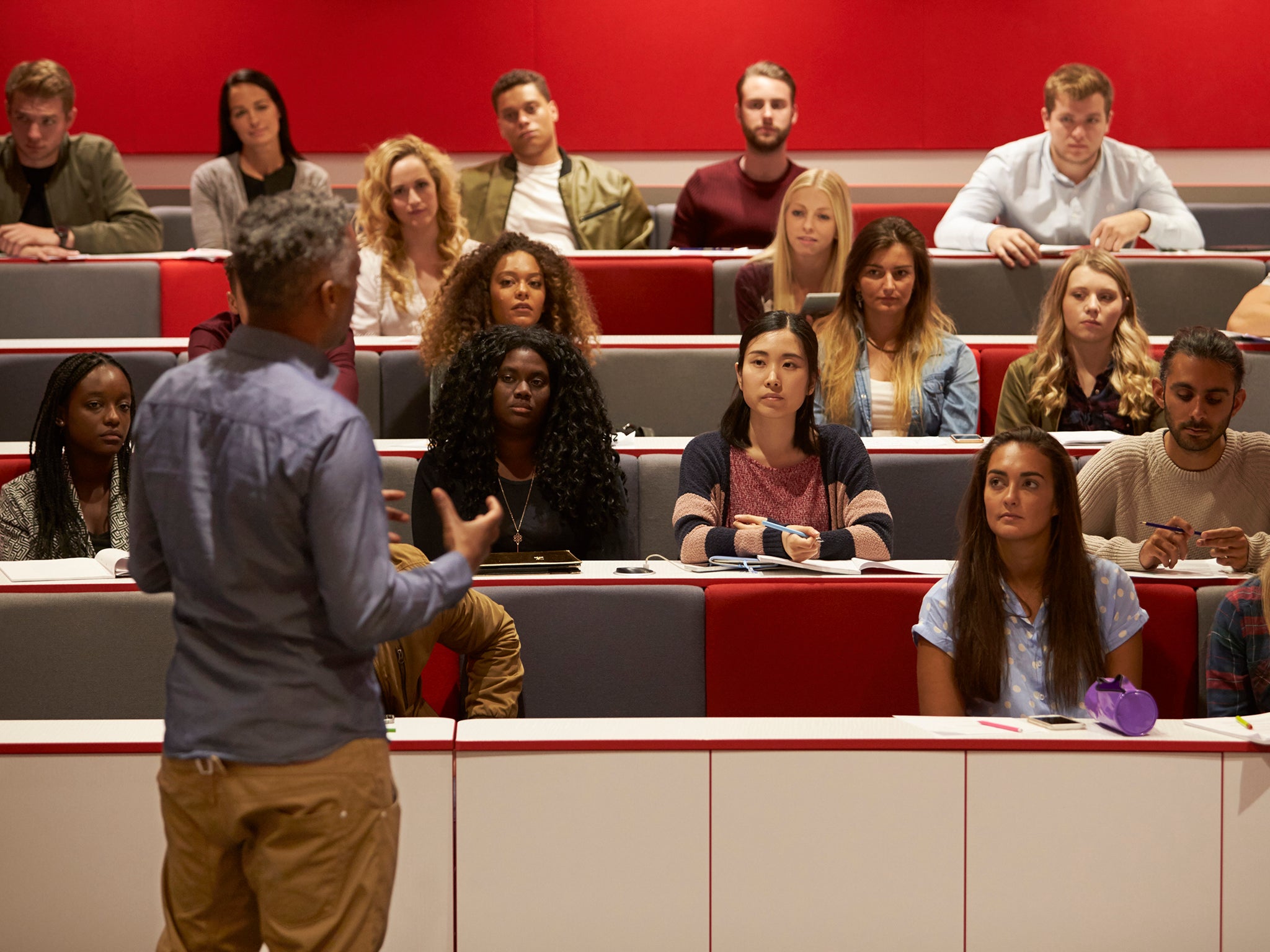The everyday economics we rarely hear about could have a hugely positive impact on society
When we talk about economics, most of us think of interest rates and GDP, but there’s another side to the discipline which focuses on how policy can really affect people’s lives for the better


Your support helps us to tell the story
From reproductive rights to climate change to Big Tech, The Independent is on the ground when the story is developing. Whether it's investigating the financials of Elon Musk's pro-Trump PAC or producing our latest documentary, 'The A Word', which shines a light on the American women fighting for reproductive rights, we know how important it is to parse out the facts from the messaging.
At such a critical moment in US history, we need reporters on the ground. Your donation allows us to keep sending journalists to speak to both sides of the story.
The Independent is trusted by Americans across the entire political spectrum. And unlike many other quality news outlets, we choose not to lock Americans out of our reporting and analysis with paywalls. We believe quality journalism should be available to everyone, paid for by those who can afford it.
Your support makes all the difference.What’s the best way to improve children’s performance in primary school? It is not what you think.
There are two sides to economics, we call them macro and micro, but nearly all the attention gets paid to macroeconomics. So we hear every day about GDP, interest rates, pay, inflation, unemployment and so on, but we hear very little about the other side of the discipline, about what economics can tell us about the choices we make in the way we live, work, spend our leisure and so on – and the way in which policy can nudge us to different outcomes.
On Monday the Royal Economic Society starts its annual conference in Bristol, and while it opens with stuff about trade, exchange rates and Brexit, most of the papers are about the way we live now.
One of them tackles the question of how to improve children’s school performance, and the answer is that you feed them. Giving children in primary school breakfast causes a massive improvement in their academic performance. Research by Christine Farquharson of the Institute for Fiscal Studies showed that giving school breakfasts free to all children in disadvantaged English primary schools helped them to make two months’ additional progress in reading, writing and mathematics over a year. The Education Endowment Foundation funded the charity Magic Breakfast so that 53 schools could establish breakfast clubs. The cost? Just £25 per eligible pupil.
These gains seem to be driven by fewer illness-related absences and better behaviour and concentration in the classroom, meaning that even students who didn’t eat breakfast at the school benefited.
This is stunning, and has obvious implications for policy. Resources are finite, and here is one way to spend them more effectively. Work led by the MIT economist Esther Duflo has produced similar results in Africa. This showed that the best way to improve school attendance – and hence general education levels – was not to hire more teachers, or provide more school equipment, but to give the children lunch. But what is fascinating is that a similar policy seems to work in a reasonably prosperous developed country.
The other thing to note is not so much the findings but the method. If you are trying out a new drug to see if it benefits patients, you do a randomised trial. You have a control group and you have a trial group. This is what Esther Duflo pioneered in economics, and here the IFS is following the same approach.
I can’t do justice to the range of other papers to be presented to the meeting but here is a taste: There is one that shows that married women are tidier than married men and do more housework after they get married. I think many people will be unsurprised by that, but it is good to have it established. Another study suggests that the new academies are working in the sense that primary schools who convert to academy status do better than those that don’t.
A separate report shows that parents who devote more time to children greatly increase their lifetime earnings. Just one extra hour a week of interaction with a child increases his or her earnings at age 30 by 8.5 per cent. That is not a bad return on capital invested. There is a further twist: it is particularly worthwhile to put the time in when the children are young, indeed more so than when they are older.
There is stuff on whether it pays to invest in roads, managing the national debt, applying to university, what happens to managers in family firms when recession hits (the answer to that is that underperforming family members are cleared out), and a lot of work on caring for the elderly. Most of the time the studies confirm what we would intuitively guess but every now and again – the breakfast club study for example – there is something that stands out as surprising and important.
The overriding takeaway that I get, however, is not so much the detail of the work, but rather the big message that economics research can really improve people’s lives. The profession gets kicked around a lot and understandably so. It has had a particularly bad time over the past few years for many reasons, including its failure to warn about the banking crash and its excessive gloom about the economic impact of Brexit. But anyone inclined to jeer should take a look at the RES line-up. Some economists are doing pioneering and useful work and deserve credit for it.
Join our commenting forum
Join thought-provoking conversations, follow other Independent readers and see their replies
Comments